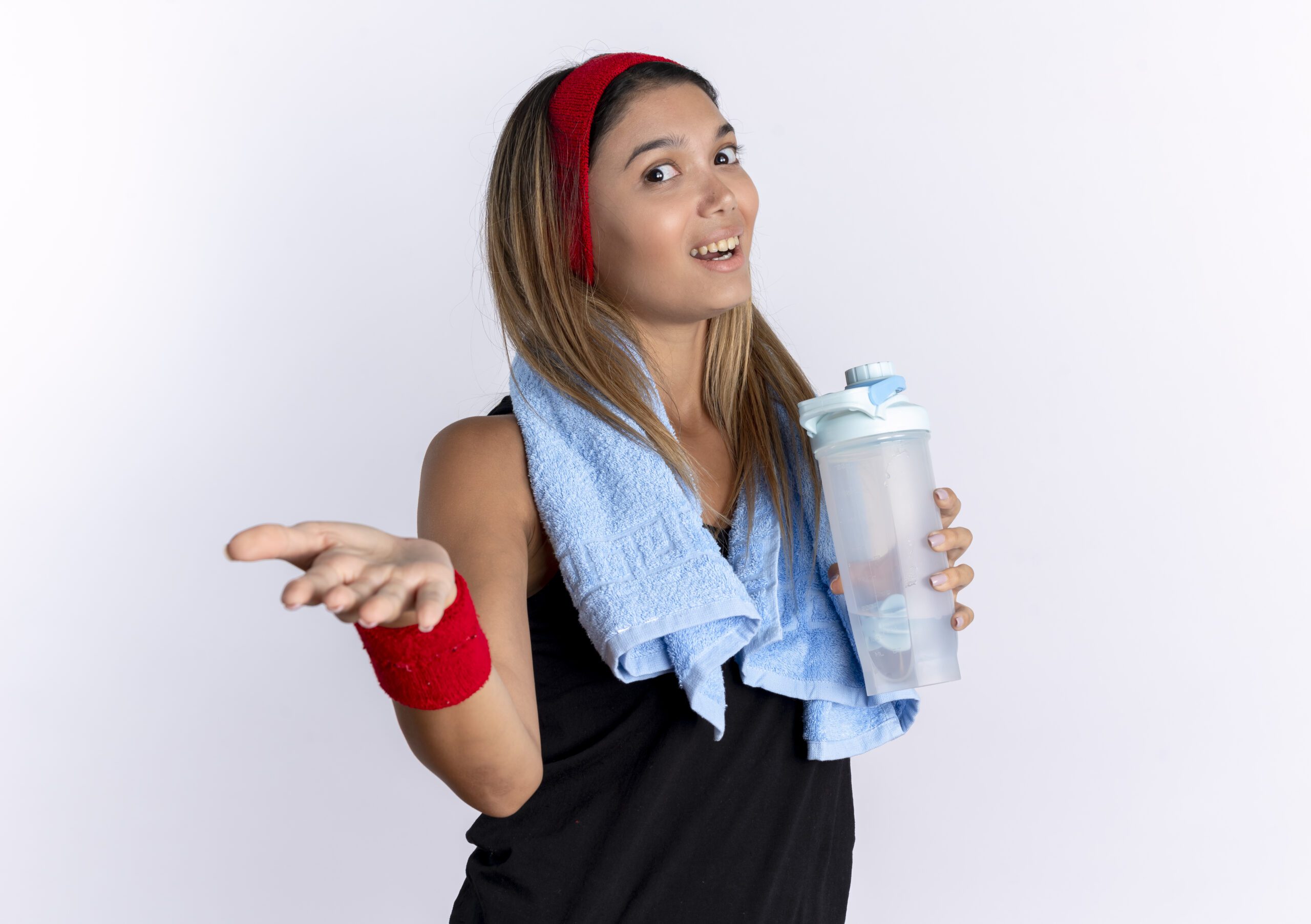Built to help women have a 360° approach to health through perimenopause to post-menopause.
welcome to MY BLOG
5 Indicators You’re Falling Short on Hydration

December 20, 2023
Ensuring you keep cravings in check is pivotal for weight management. While strategies like incorporating enough fibre and appropriate exercise are commonly known, the significance of maintaining hydration through clean, filtered water is often underestimated.
Understanding the Vital Role of Water in Your Body
Beyond its role in weight loss, water is integral to overall health, contributing to various metabolic processes. Every facet of your body, from cells to organs, relies on water for proper functioning. Water supports your heart’s rhythmic beating, aids cellular metabolism, and facilitates the transportation of nutrients, oxygen, and waste throughout your body, with blood being approximately 90% water.
Benefits of Hydration
Staying adequately hydrated offers a multitude of advantages. It lubricates joints, preserves skin elasticity, moisture, and a radiant complexion, while also playing a vital role in digestion, nutrient absorption, and waste movement in the digestive tract.
Consequences of Inadequate Hydration
Even mild dehydration can present challenges, such as reduced muscle strength and hindered recovery, impacting overall performance, and increasing stress levels. Prolonged or severe dehydration may strain kidneys, elevate blood pressure, limit mobility, and weaken the body’s immune response.
Recognising the Signs of Dehydration
It’s essential to be aware of subtle signs indicating dehydration, as thirst often kicks in only after mild dehydration has set in. Below, discover five commonly overlooked indicators that you might need to up your water intake.
Combat persistent sugar cravings by choosing water over sweet snacks!
Dehydration blurs hunger signals and affects neurotransmitters, like dopamine, increasing the likelihood of sugar cravings. If you’re constantly tired despite adequate sleep, dehydration might be the culprit.
Dehydration hampers nutrient and oxygen transport, reducing blood volume and making your heart work harder. This extra strain can lead to fatigue and hinder both physical activity and post-workout recovery.
Dehydration doesn’t just impact physical energy; it affects cognitive function too. With 75% of the brain composed of water, even slight dehydration can impair cognitive abilities. Studies show that water deprivation can affect short-term memory, attention, and overall cognitive function, highlighting the importance of staying hydrated for optimal brain performance.
Dehydration Results in Headaches
Insufficient hydration not only causes headaches but also affects their frequency and intensity, potentially leading to migraines. Decreased fluid levels impact electrolyte balance, increasing the risk of dizziness or light-headedness. Essential minerals such as sodium, potassium, calcium, and magnesium, carrying electrical charges, play a crucial role in regulating fluid balance.
Dehydration Leads to Constipation
Adequate water is vital for regular bowel movements. Dehydration hinders your intestines from adding sufficient water to your stool, resulting in hard, dry stool that is challenging to pass, leading to discomfort and constipation. Ensuring proper water intake softens stools and supports digestion, preventing constipation.
Tips for Boosting Water Intake
Rehydrating quickly as possible, with noticeable improvements within 20-30 minutes of adequate water consumption. Fluid balance tends to improve within a few hours, alleviating dehydration symptoms like headaches and fatigue. Explore creative strategies to increase water consumption, such as trying sparkling water with lime, creating spa water with various fruits, or maintaining a BPA-free canteen for consistent sipping. Aim to drink 2-3 litres EVERYDAY!
Additional Advice on Hydration and Electrolyte Balance
Staying hydrated extends beyond water intake; maintaining electrolyte balance is equally crucial. Electrolytes, essential for muscle contractions and nerve impulse transmission, can be disrupted during dehydration, causing issues like muscle cramps, dizziness, and irregular heart rhythms. In situations involving intense physical activity or heavy sweating, replenishing lost electrolytes may be necessary, achieved through electrolyte-rich drinks or specialised products.
Thanks for reading.
Louise xx
Leave a Reply Cancel reply
I have a reputation as a compassionate and innovative therapist who produces rapid and lasting changes with my clients. Are you ready to become my next success story?
Website Designed W/ Love By Traveller By Trade
Copyright © 2021, Louise The Therapist
Privacy Policy